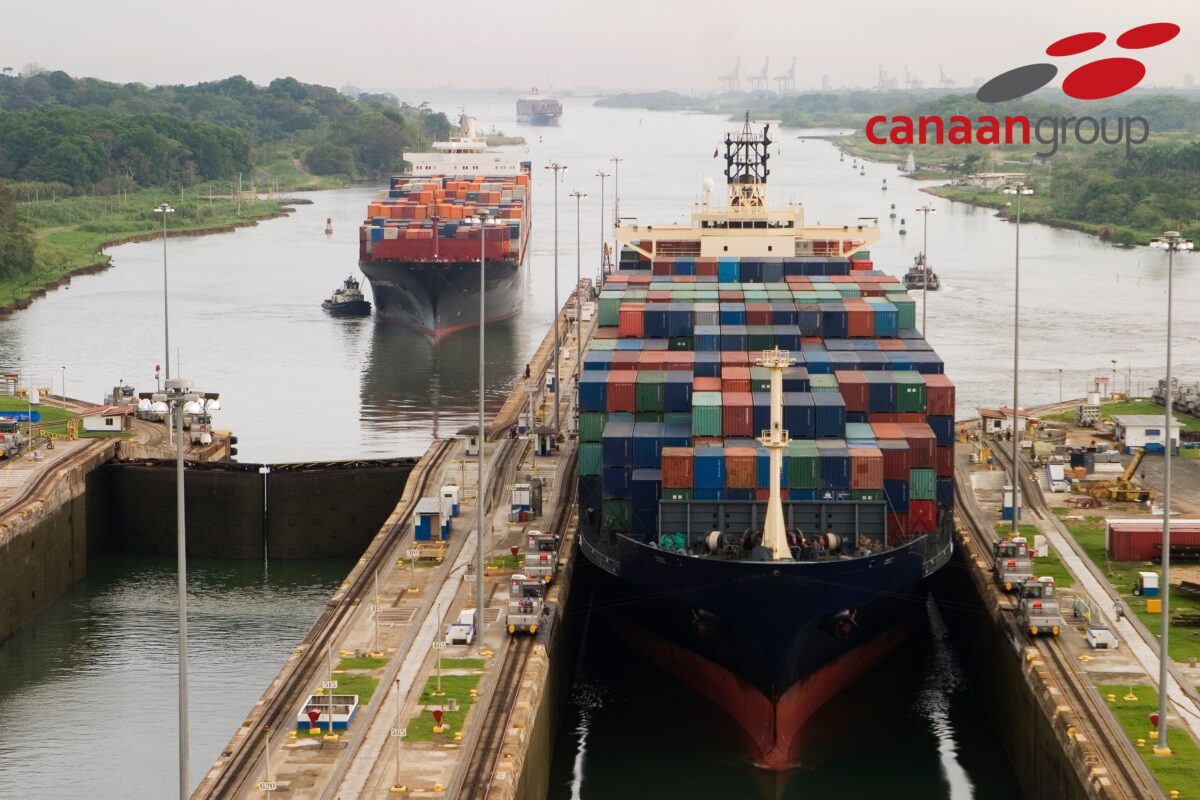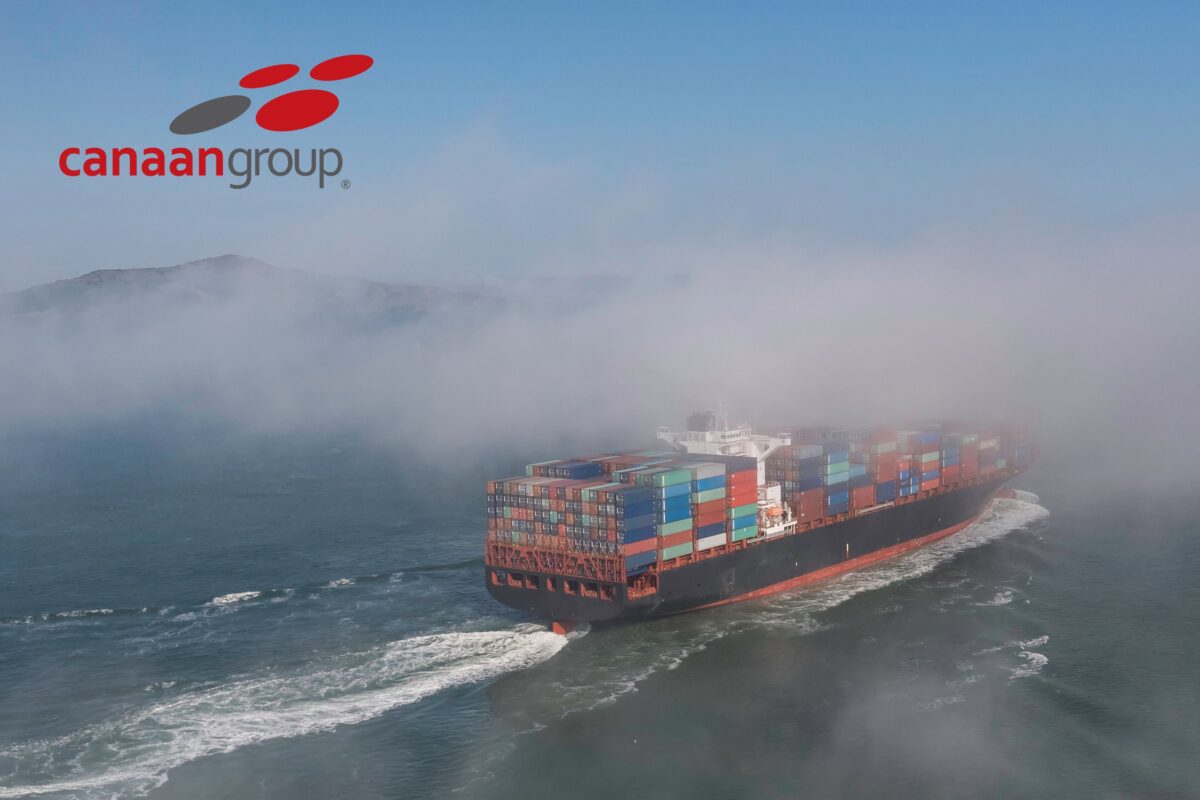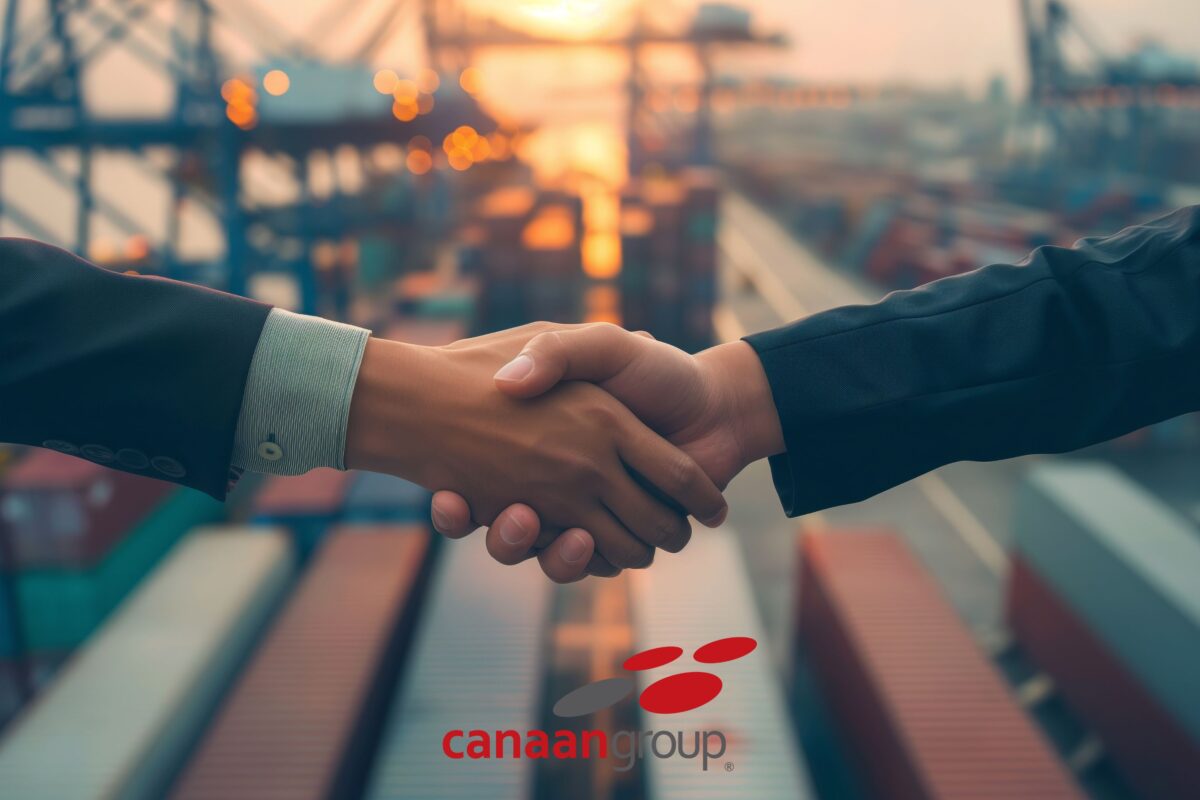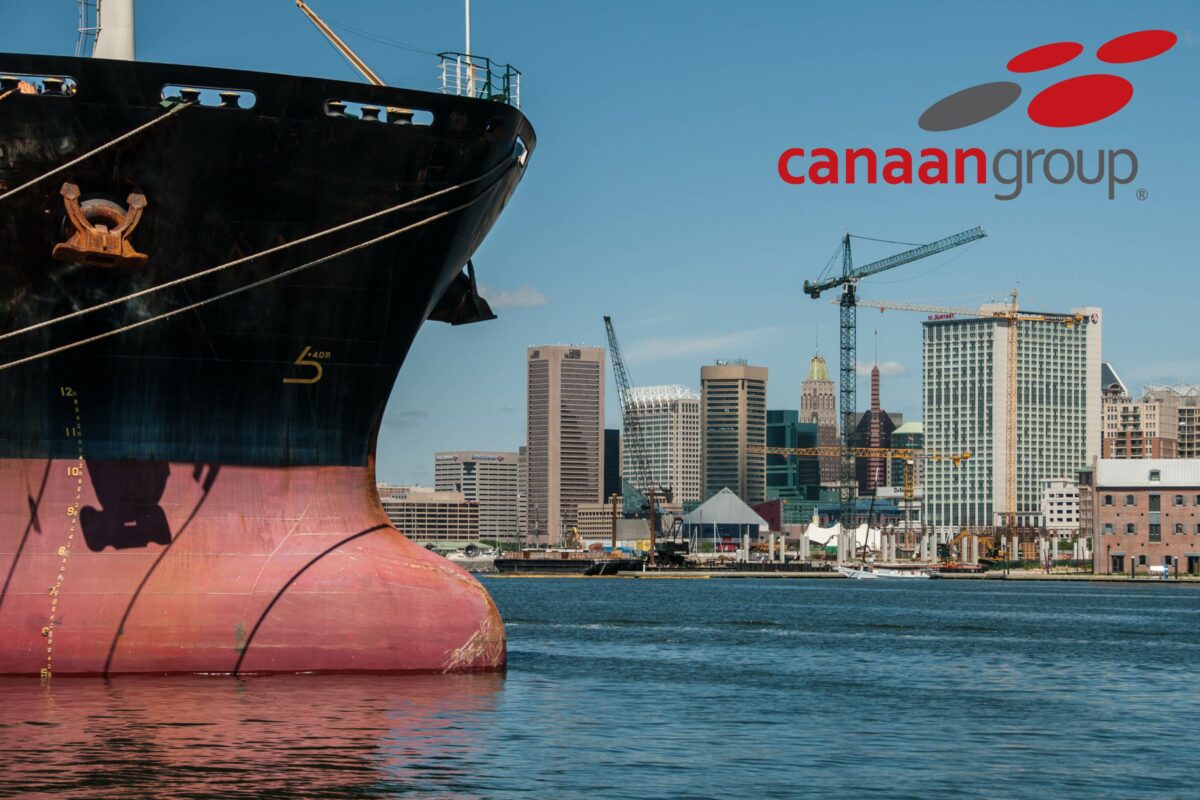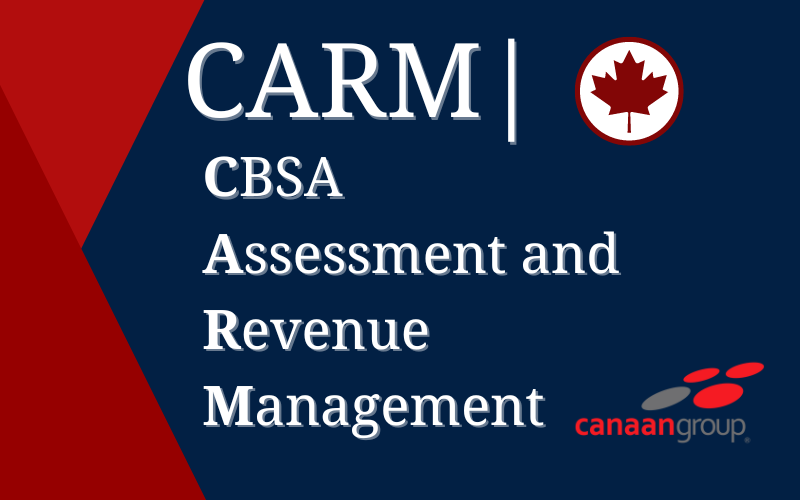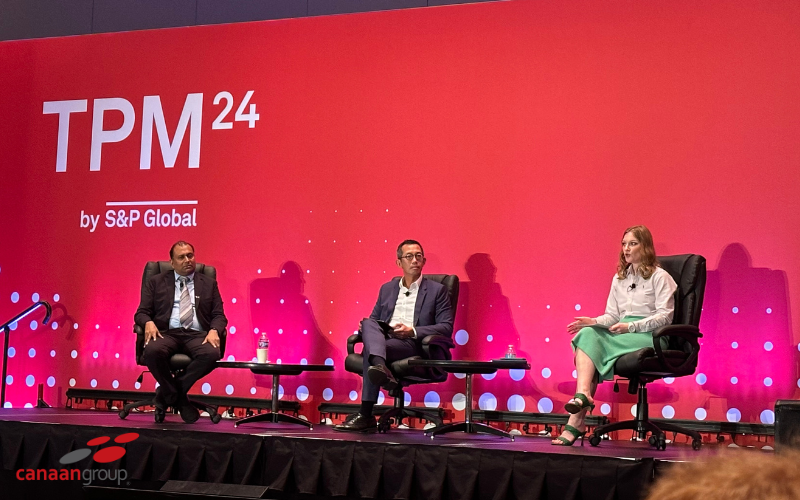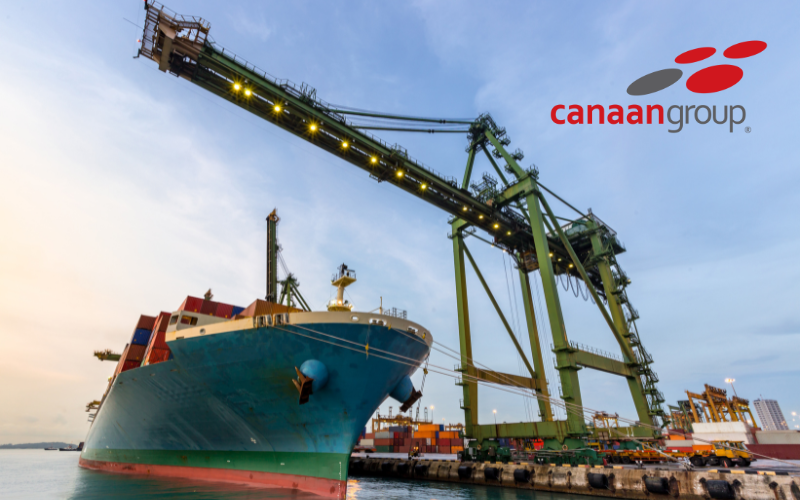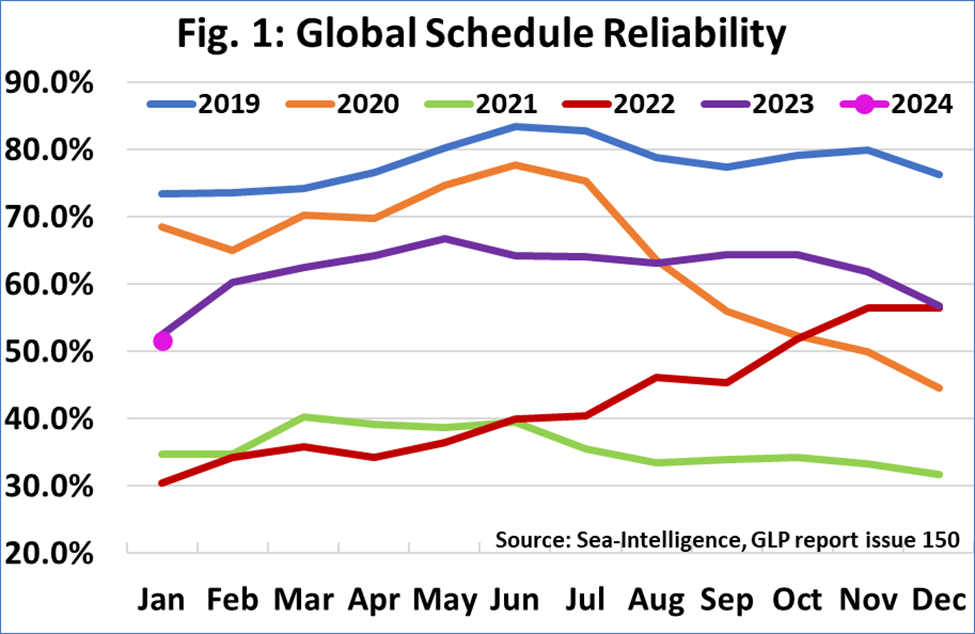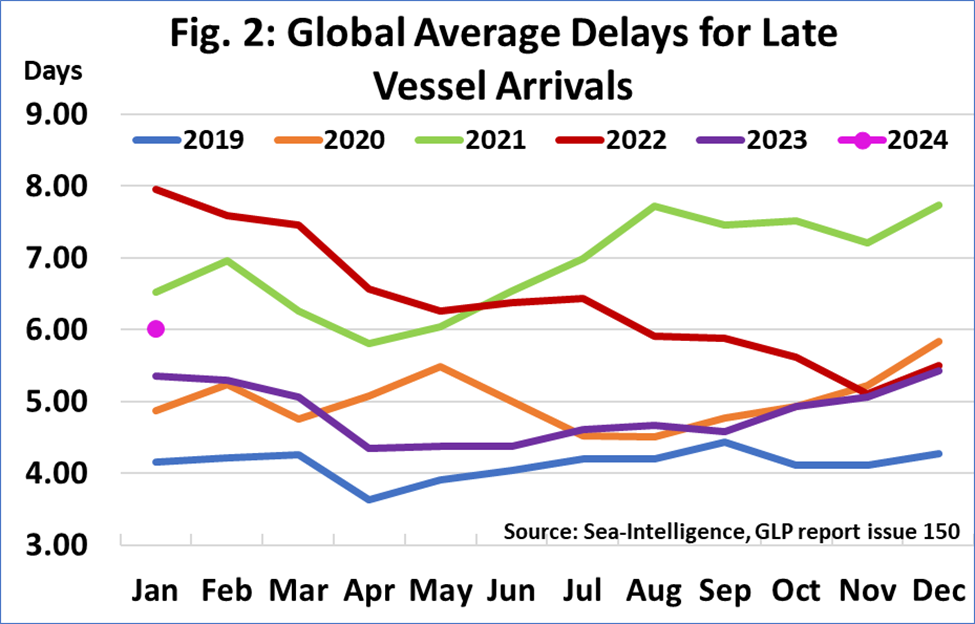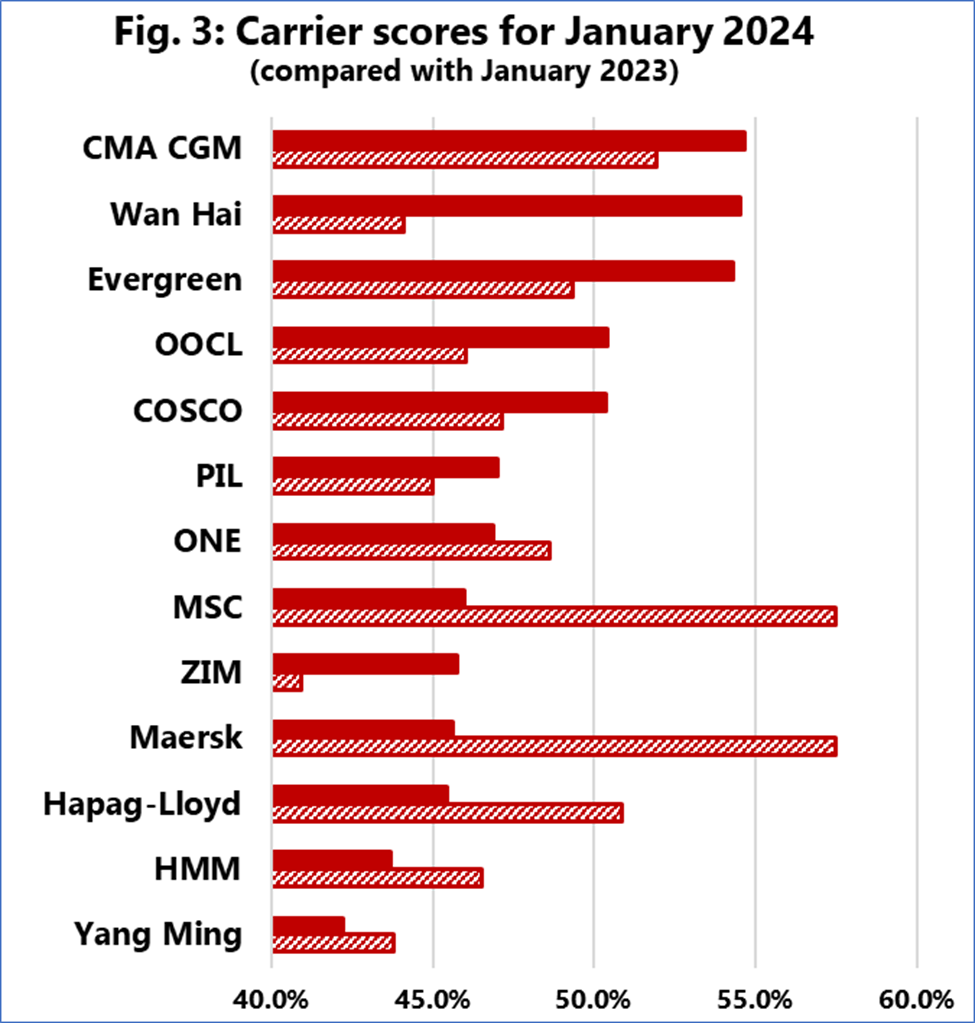The global container shipping industry continues to face a significant imbalance between supply and demand, despite the recent injection of considerable vessel capacity. Maritime analysts, including Greg Knowler of the Journal of Commerce, report that the strong demand for vessels along Asia’s export trade lanes is absorbing this capacity, leading to unseasonably high volume and longer voyages exacerbated by southern Africa route deviations and port congestion.
As of mid-2024, ocean carriers have introduced nearly 1.6 million TEUs of capacity. However, this has scarcely mitigated the supply/demand discrepancies on critical routes like Asia-Europe and the trans-Pacific. Congestion currently seen at the Port of Singapore, one of the most efficient ports in the world, is a clear indication of the imbalance of demand and supply.
Moreover, major carriers are preparing for general rate increases (GRIs) and peak season surcharges (PSSs) by July 1, which could push Asia-North Europe/North America spot rates close to $10,000 per FEU, a significant increase over current levels. This scenario underscores tight market conditions and the upward pressure on freight rates. Compounding the challenge is an equipment shortage due to the imbalance between the import and export rates.
On the strategic front, the container shipping market’s highly fragmented nature complicates demand forecasting and capacity management. Many beneficial cargo owners (BCOs) and non-vessel operating common carriers (NVOs) struggle with precise demand planning, often leaving them scrambling in periods of tight supply. To address these challenges, shippers are advised to integrate their business planning more closely with sales and operations planning (S&OP) processes, which can help anticipate changes and adjust volumes more effectively. Moreover, shippers should avoid overbooking and maintain reliable communication with carriers to ensure better flexibility and meet customer obligations.
While the industry grapples with these challenges, both carriers and shippers must navigate a landscape marked by high demand, limited capacity, and escalating rates. How long will these conditions last? There is no consensus. Some analysts say that this will continue until the end of 2024, while others believe this systematic problem will be cyclical depending on a variety of factors such as geopolitical issues, war, and continual disruptions. To mitigate these challenges, please contact our sales team at sales@canangroup.ca for more information.













